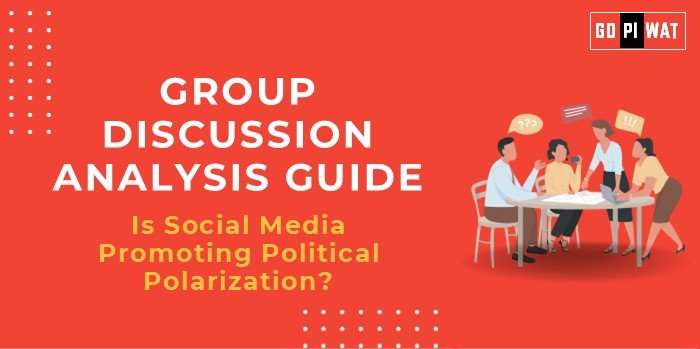📱 Is Social Media Promoting Political Polarization?
🌍 Introduction to Political Polarization and Social Media
Social media has revolutionized communication, enabling individuals to engage with politics and societal issues in unprecedented ways. However, it has also raised concerns about its role in promoting political polarization by amplifying divisive content and reinforcing biases through algorithm-driven content curation.
📊 Quick Facts and Key Statistics
- 🌐 Active Users: 4.8 billion global users (2023), demonstrating social media’s influence on public opinion.
- 📈 Engagement with Political Content: Political posts are twice as likely to receive interactions compared to non-political content.
- 🔁 Echo Chambers: Around 64% of users primarily engage within echo chambers, limiting diverse perspectives.
- ⚠️ Fake News Impact: Social media accounts for over 60% of misinformation spread during elections, exacerbating distrust.
🤝 Stakeholders and Their Roles
- 🏢 Social Media Companies: Design algorithms that shape user experiences and influence content visibility, often criticized for fostering echo chambers.
- 🏛️ Governments and Regulators: Create policies to curb misinformation and regulate divisive content.
- 👥 Users: Influence engagement metrics, indirectly shaping content prioritization on platforms.
- 🗳️ Political Entities: Leverage social media for outreach, sometimes utilizing targeted strategies that intensify polarization.
📈 Achievements and Challenges
✅ Achievements
- 🗳️ Enhanced Political Engagement: Social media democratizes political participation by providing platforms for diverse voices.
- 📢 Increased Awareness: Amplifies critical societal issues and real-time information access.
- 🌐 Global Connectivity: Enables collective action through movements like #MeToo and #BlackLivesMatter.
⚠️ Challenges
- 🔁 Echo Chambers: Algorithms reinforce existing beliefs, reducing exposure to opposing viewpoints.
- 📉 Misinformation Spread: Fake news undermines public trust in political processes.
- 🌎 Global Polarization: Countries like the U.S. and Brazil have seen increased ideological divides linked to social media usage during elections.
🌎 Global Comparisons
- 🇺🇸 United States: Studies highlight social media’s role in amplifying partisan divides, especially during elections like 2016 and 2020.
- 🇧🇷 Brazil: Social media has been central to political polarization, with platforms playing a significant role in misinformation dissemination during presidential campaigns.
🔮 Structured Arguments
- ✅ Supporting Stance: Social media algorithms amplify divisive content, fostering echo chambers that intensify political polarization.
- ❌ Opposing Stance: Political polarization stems from pre-existing societal divides rather than social media platforms themselves.
- ⚖️ Balanced Perspective: Social media’s impact on polarization depends on platform accountability, user responsibility, and improved algorithmic transparency.
📄 Conclusion
Social media’s dual role in fostering political engagement and promoting polarization highlights the complexity of its impact. While it enables global connectivity and awareness, unchecked algorithms and misinformation can deepen societal divides. A collaborative approach involving platform reforms, user education, and policy interventions is crucial to mitigate polarization and foster healthy digital discourse.
📄 Source: Group Discussion Analysis Guide, 2024


